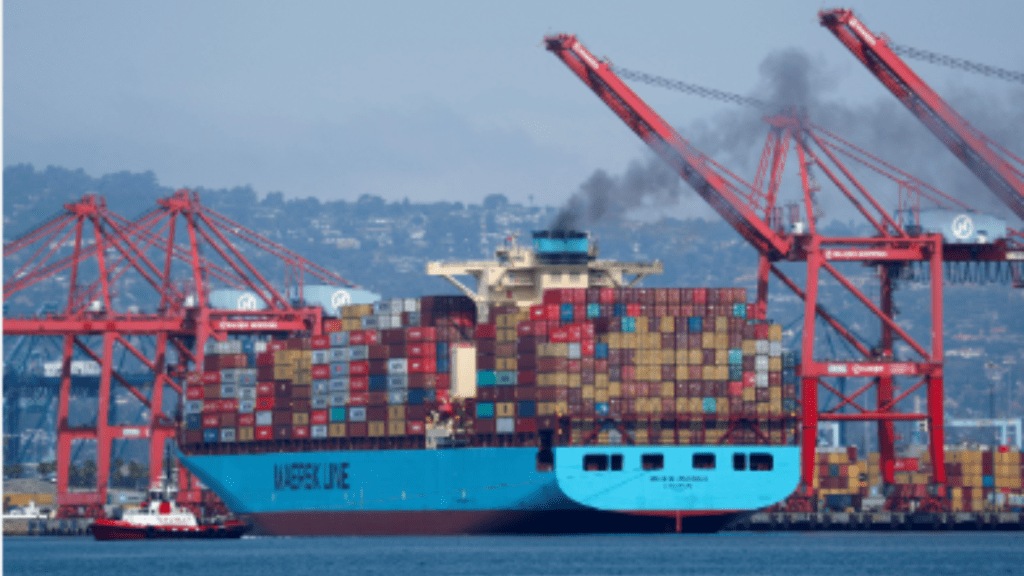The government has come out with detailed guidelines to prevent Ethylene oxide (Eto) contamination in spices for exports, an official said on Monday. Preventive measures like mandatory testing of spices being exported to Singapore and Hong Kong have been put in place. The steps assume significance amid reports on the recall of MDH and Everest products in Singapore and Hong Kong due to the presence of EtO residue in certain spices.
However, there has been no let up in India’s spices exports.For shipments to Hong Kong and Singapore, mandatory pre-shipment sampling will continue for six months and the situation will be reassessed if there are no concerns.After the reports of higher residue of Eto — used as a fumigant to reduce bacterial load, yeast and mold, and can be carcinogenic if used beyond limits — found in a batch of Indian spices, the government has reviewed the situation with the industry.“We have found that all 18 samples of MDH were compliant with standards. However, in Everest’s case, some of the samples (out of 12) were non-compliant and for that we have told them to take corrective actions,” the official said.
The government is also working with the industry to ensure that compliance with evolving maximum residue limits (MRL) standards. “Requirements over MRL are evolving over time and the spices industry is fully aware of this. We have had three industry-wide consultations on the issue. They are also looking at alternatives to EtO use. There are alternative technologies being used by many exporters and these are being examined by the industry,” the official added.
He said the industry has also been asked to put in place standard operating procedures (SOPs) so that the compliance on MRL increases.According to the official, 99.8% of around 1.4 million tonne of spices exports meet quality requirements of different countries and only 0.2% were non-compliant. On the other hand, 0.73% of food consignments imported into India are non-compliant. India is the world’s top exporter of spices with shipments of $4.2 billion in 2023-24.The MRL limits are different for different countries and there is no international standard for EtO. While it is not allowed in Hong Kong, the limit in the EU is 0.02-1 gram per kilogram. In Japan, it is 0.01 gram, in the US 7 gram and in Singapore it is 50 gram.
The official said that the initial follow-up with the companies suggests that some of the products that were recalled from Hong Kong would have been routed through other destinations where EtO use is permitted. The products were found non-compliant not at the point of entry into the country but in shops.“We have also informed them about the corrective measures to ensure that consignments marked for one country do not get diverted to other countries,” the official added.Mandatory testing for EtO in all spices exports to the EU are already in place from 2022 Even some other spices exports to the US, the UK and the EU go through mandatory testing for salmonella, dyes and pesticides.
“Our compliances have gone up and our rejections have gone down and the EU has reduced the testing requirement from 50% to 30% for export consignments,” the official added . The government is also running training programmes with the US FDA and World Trade Organisation for capacity building of spice exporters so that they meet the MRL requirements.

